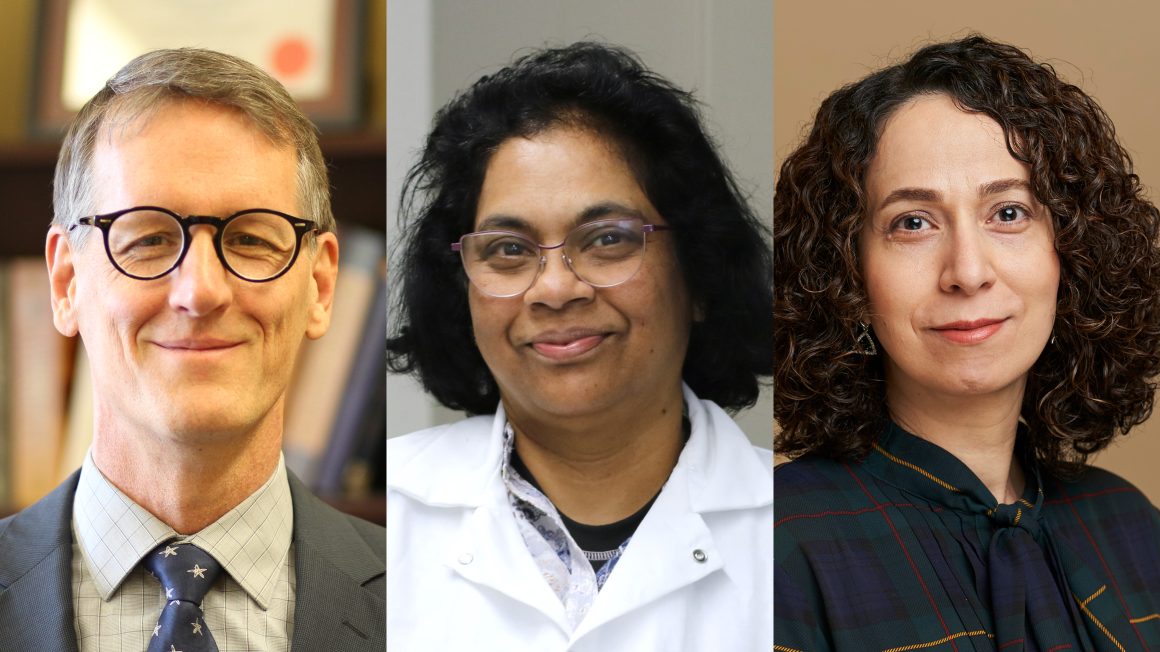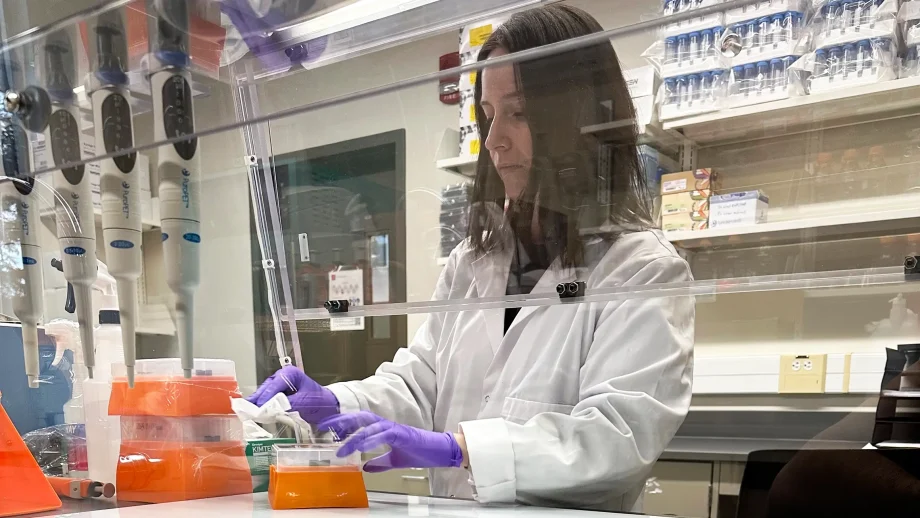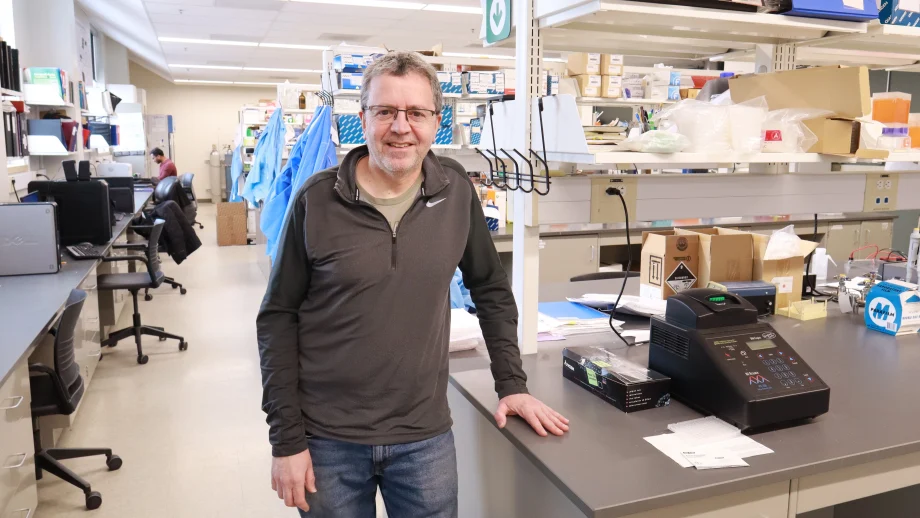Ten University of Winnipeg researchers received more than $1.2 million in Natural Sciences and Engineering Research Council of Canada (NSERC) funding through the Discovery Grants Program.
NSERC Discovery Grants
The Discovery Grants Program assists in promoting and maintaining a diversified base of high-quality research capability in the natural sciences and engineering in Canadian universities; fosters research excellence; and provides a stimulating environment for research training.
Discovery Grants, totaling more than $1.1 million, were awarded to seven researchers:
Dr. Yaser Al Mtawa, Department of Applied Computer Science, received $137,500 for his project Towards Secure, Reliable, and Autonomous Next-Generation Cyber-Physical Systems.
Dr. Michael Beck, Department of Applied Computer Science, received $137,5000 for his project Optimization of data and their collection processes for machine learning applications in digital agriculture.
Dr. Payman Eskandari, Department of Mathematics and Statistics, received $127,500 for his project Arithmetic and Geometry of Mixed Motives.
Dr. Sara Good, Department of Biology, received $245,000 for her project Evolutionary Patterns of Sex Determination and Differentiation in Fish: From Agnathans to Teleosts.
Dr. Qian Liu, Department of Applied Computer Science, received $137,500 for her project Deep Learning-driven Interpretable Models for High-dimensional and Multi-modal Complex Data.
Dr. Natalie Richer, Department of Kinesiology and Applied Health, received $157,000 for her project The Brain’s Role in Balance Control in Healthy Aging.
Dr. Camilo Valderrama Cuadros, Department of Applied Computer Science, received $157,500 for his project Enhancing Subject-Independent Emotion Recognition Through Dynamic Brain Lateralization.
Discovery Development Grants
Discovery Development Grants is a complementary program element to the Discovery Grants Program. The goal is to promote and maintain a diversified base of high-quality research and provide a stimulating environment for research training in small universities across Canada.
Discovery Development Grants, totaling $120,000, were awarded to three researchers:
Dr. James Currie, Department of Mathematics and Statistics, received $40,000 for his project Abelian Repetitive Thresholds.
Dr. Srimathie Indraratne, Department of Environmental Studies and Sciences, received $40,000 for her project Immobilizing Multi-metal(loid)s Contaminated Soils Adjacent to Orphaned Mines in Northern Manitoba Using Natural Minerals and Modified Biochar.
Dr. Zeinab Mashreghi, Department of Mathematics and Statistics, received $40,000 for her project Leveraging Bootstrap Methods for Enhanced Estimation in High-dimensional Data and Addressing Missing Survey Data.
NSERC funds visionaries, explorers, and innovators who are searching for the scientific and technical breakthroughs that will benefit Canada. The agency supports more than 33,000 post-secondary students and postdoctoral fellows each year through training with Canada’s most talented scientists and engineers. In total, 76 per cent of Canada’s world-class researchers in the natural sciences and engineering are backed by NSERC Discovery investments, with 8,600 Discovery Grants, scholarships, and fellowships awarded each year for research ranging from the nanoscale and the astronomical to the prehistoric and the futuristic.
UWinnipeg gratefully acknowledges the funding received from the Government of Canada’s Research Support Fund (RSF). Every year, the federal government invests in research excellence in the areas of health sciences, engineering, natural sciences, social sciences, and humanities through its three granting agencies. The RSF reinforces this research investment by helping institutions ensure their federally funded research projects are conducted in world-class facilities with the best equipment and administrative support available.





